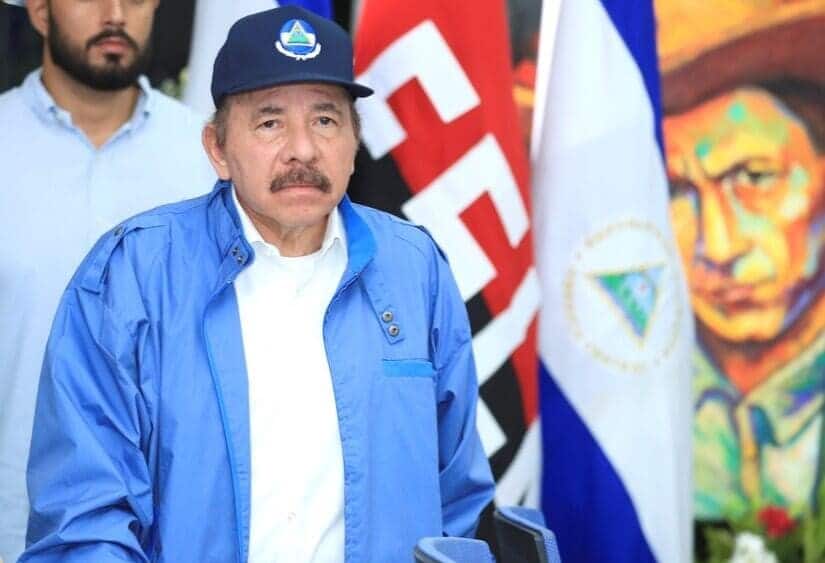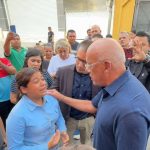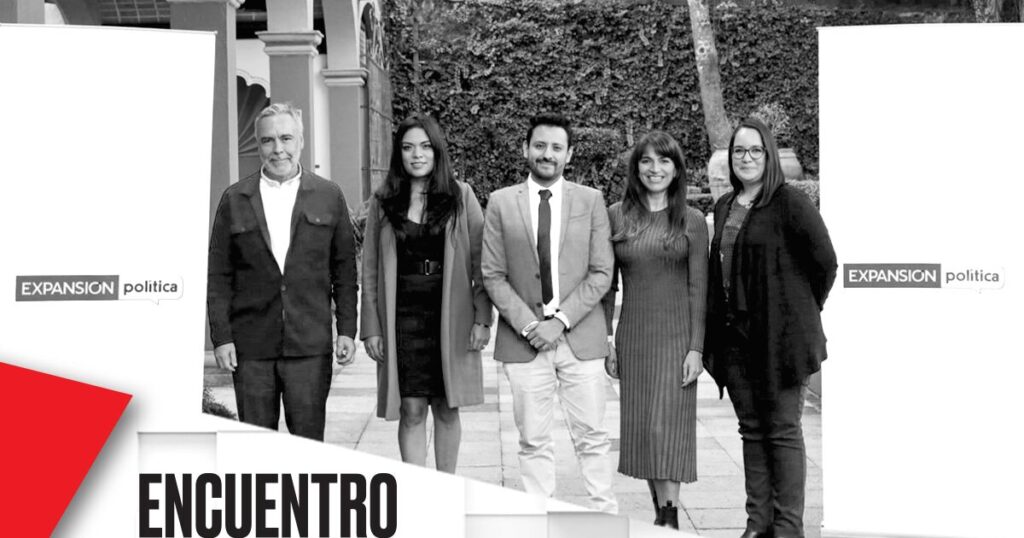The lack of response from the Daniel Ortega regime to the diplomatic efforts made by the Secretary General of the Organization of American States (OAS), Luis Almagro, shows that the Nicaraguan president has identified that the hemispheric organization does not have enough “tools to pressure him.” and his actions are limited to “a moral condemnation.” Therefore, political analysts warned that, despite being politically weakened, Ortega “has a great capacity to continue harming the country.”
“Proceedings were made at all levels. Communications were sent to Commander-in-Chief Daniel Ortega himself, and institutional contacts were also made at the highest level with the Nicaraguan Foreign Ministry and its dependencies,” Almagro said at a meeting of the Permanent Council. “From the steps taken, approval has not been received for the sending of the high-level good offices mission; that is, no formal response has been received in this regard,” he added.
The analyst for Central America of the International Crisis Group, Tiziano Breda, valued that Almagro’s report shows “the lack of interest” of the Ortega regime in interacting with the OAS and in trying to reverse the situation of isolation that has been taking place since his re-election without political competition. “It also shows a questioning of the authority itself, of the credibility, of the OAS General Secretariat,” he added.
For the former deputy and political analyst, Eliseo Núñez, the Nicaraguan regime, in addition to “ignoring the OAS,” showed “enormous intransigence.” Since Ortega supposes “that if he places his chips on the side of the Russians, the Iranians and the Chinese, he no longer needs the Western Hemisphere”, a situation that, he warns, “are mistakes that Ortega already made in the eighties and that he is committing again.”
In Núñez’s opinion, “Ortega is making bad bets” at the international level, but “even in the political weakness that he has, such as a rejection by the population and a rejection in the international community, he still has a great capacity to harm the country and continues to harm it.”
More efforts will not yield different results
The doctor in International Relations and professor at Georgetown and George Washington universities, Rubén Perina, pointed out that it was “to be expected” that Ortega would not accept the visit of a high-level delegation from the OAS. Since what the regional organization Ortega is asking for, it cannot be granted because “it would be political suicide.” The Nicaraguan president “knows that he cannot win free, fair and transparent elections.” However, “Almagro will insist, but I don’t think he will be successful,” he added.
But “diplomacy never closes doors,” warned former deputy Núñez. That is why the secretary general hinted that it is possible to continue making negotiations with the Ortega regime. Although at this time “Ortega has no incentive to negotiate or to access absolutely anything,” he stressed.
Similarly, Breda considered that “at this time it is difficult to see an opening on the part of Ortega, because if the correlation of forces does not change, if the attitude and willingness of certain States does not change, to move on to more concrete action and increase the pressure towards the Government, it seems difficult to me that in these circumstances… these efforts can give different results”.
Meanwhile, Perina recommended reactivating the working group created in 2018 to dialogue and negotiate with Ortega on the return to democracy via full elections, since this would allow “insisting collectively” and “could be more fruitful than the unilateral initiative or Almagro’s staff. The working group is chaired by Canada and Chile.
“If this initiative fails, then the Permanent Council should be insisted on finding a qualified majority (24 votes), to apply Articles 21 and 22 of the Inter-American Democratic Charter and condemn and suspend Nicaragua,” Perina said. “The resolution that does so should also urge countries to apply diplomatic, economic and financial sanctions, as well as multilateral financing organizations,” he stressed.
However, former deputy Núñez warned that if the promoters of Nicaragua’s suspension from the OAS have not put it on the agenda “it is because they have doubts” as to “whether it is worth expelling Ortega and letting him continue on his way or better they keep him inside (the organization) and find other types of tools to put pressure on him,” he said.
Argentina condemns Rezai’s presence in Nicaragua
An example of the disinterest of the Ortega regime in the affairs of the Western Hemisphere was the presence in Nicaragua of Mohsen Rezai, who attended the self-investiture of the Nicaraguan president as guest of honor despite being wanted by Interpol for the terrorist attack that occurred in Argentina. in 1994. The act was condemned by the Government of Alberto Fernández at the OAS, but the Nicaraguan delegation defended the presence of the Iranian.
“The Nicaraguan delegation is really surprised by this announcement that has been made today because we did not have access to the declaration to evaluate it, to consider a corresponding response. However, we must say that Nicaragua, as a sovereign country, as an independent nation, and as a dignified people, can invite whoever it wishes to the inauguration of President Daniel Ortega to its country,” said Nicaraguan representative to the OAS, Arturo McFields. .
However, the Uruguayan ambassador, Washington Abdala, stated that in cases such as a terrorist act “there is no place for the intermediate zone.” “In the world of international politics, of international debate, there are eclectic zones. You can’t do that with acts of a terrorist nature. When you are in that territory of human rights violations, of genocide, we must have a firm position.”
For former deputy Núñez, “it is shameful” that the Government of Nicaragua is “protecting criminals” and recalled that, in addition to Rezai, the former presidents of El Salvador, Mauricio Funes and Salvador Sánchez Cerén, are refugees in this country, who are wanted by the Salvadoran justice.

















